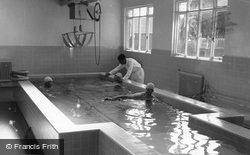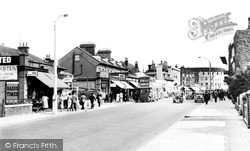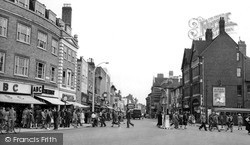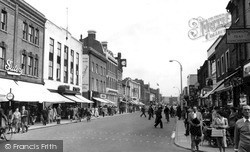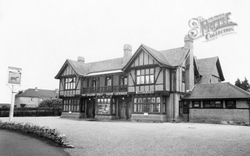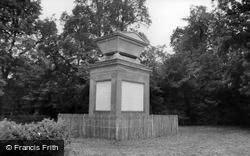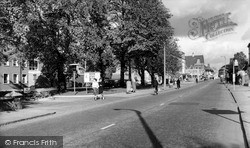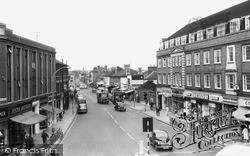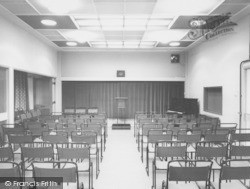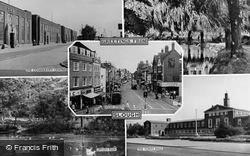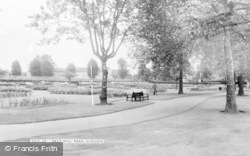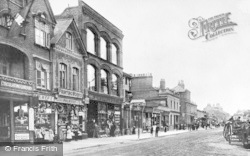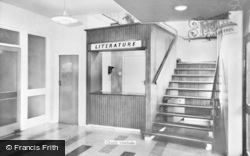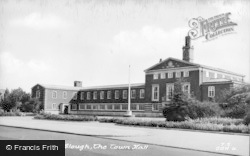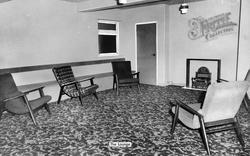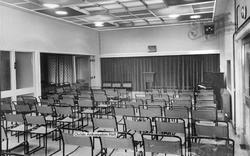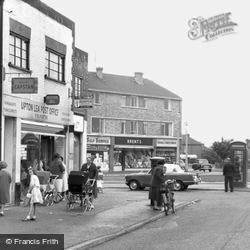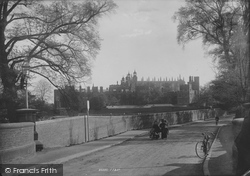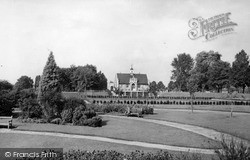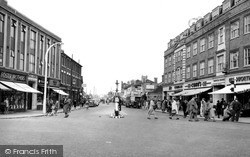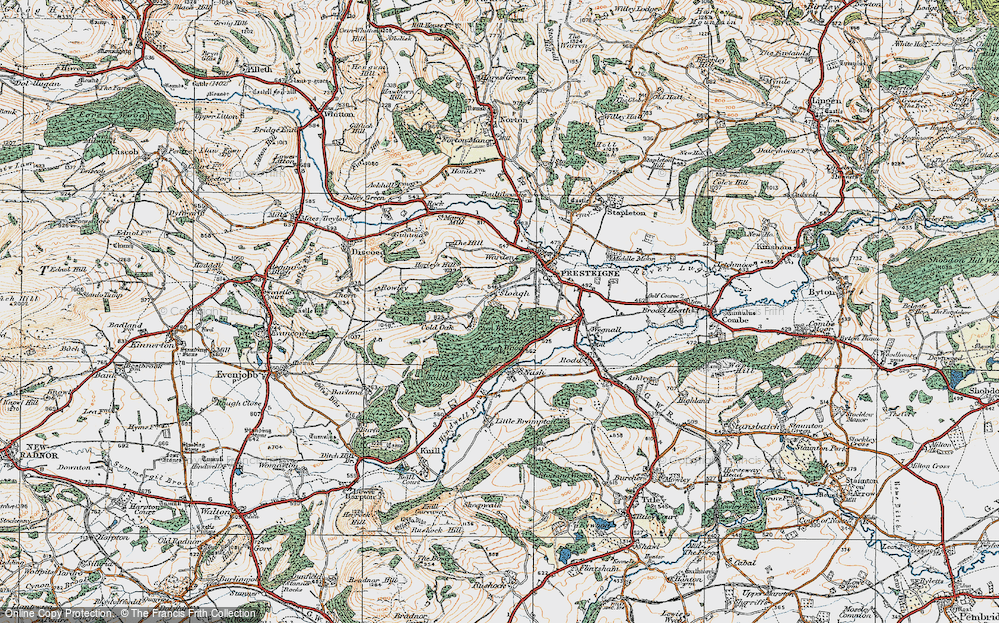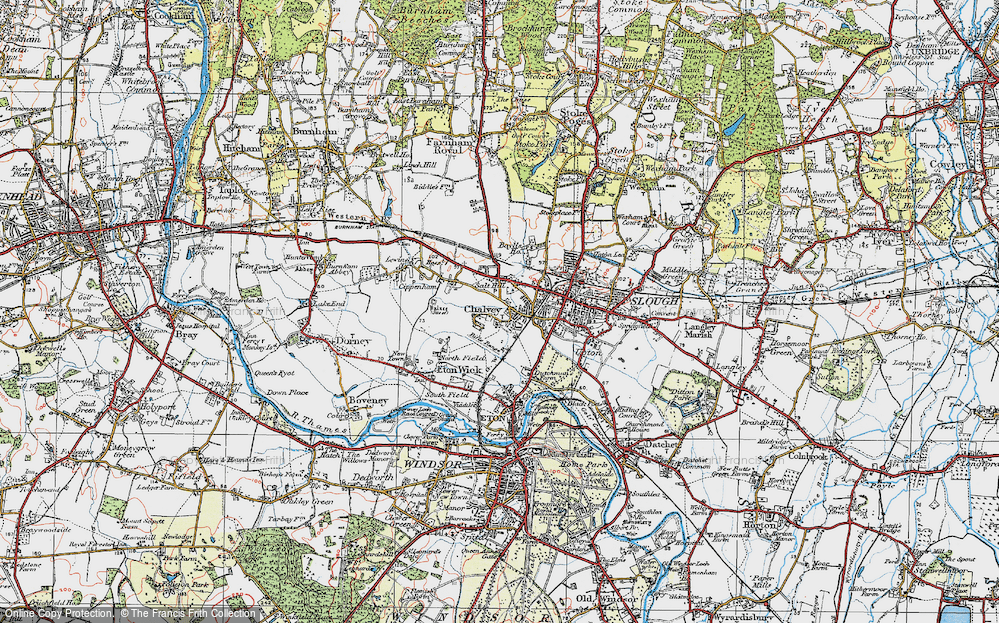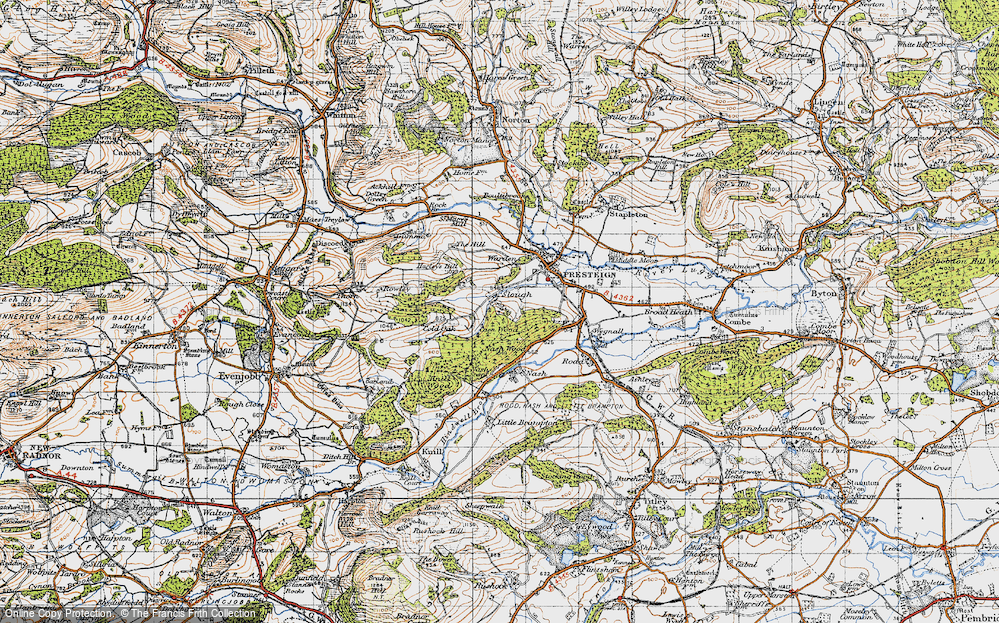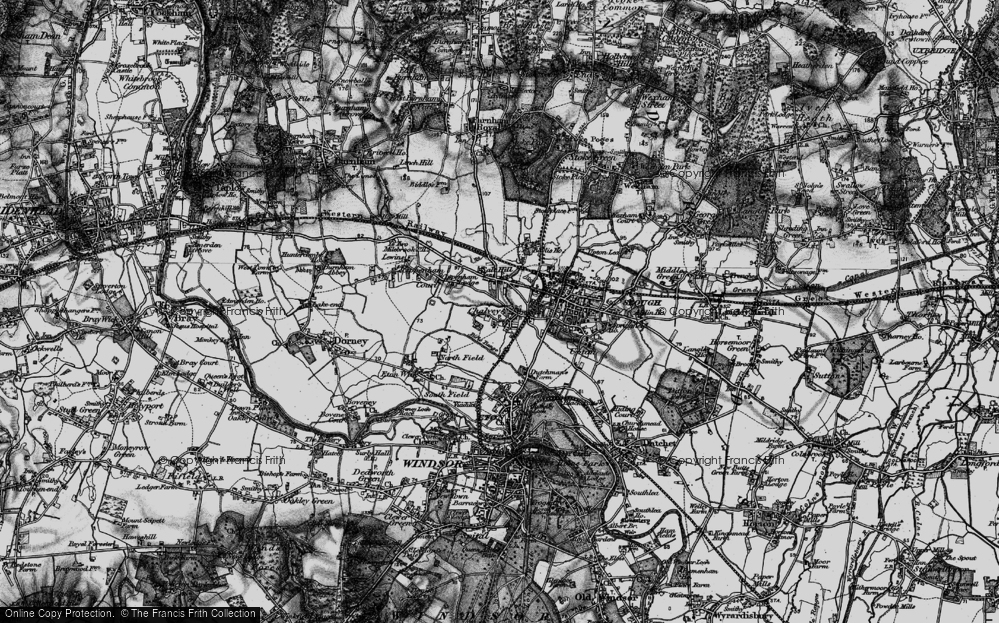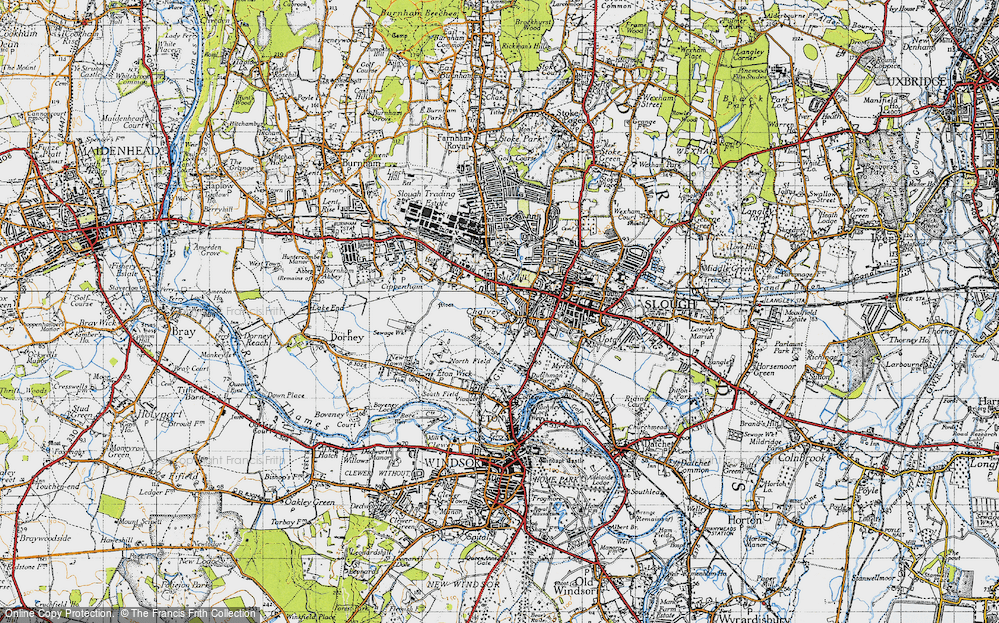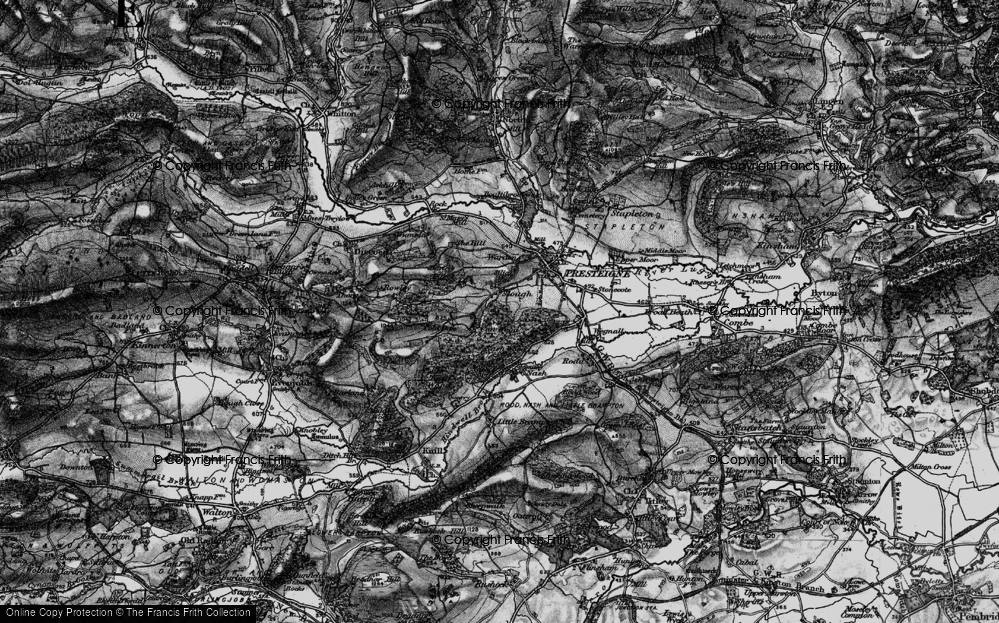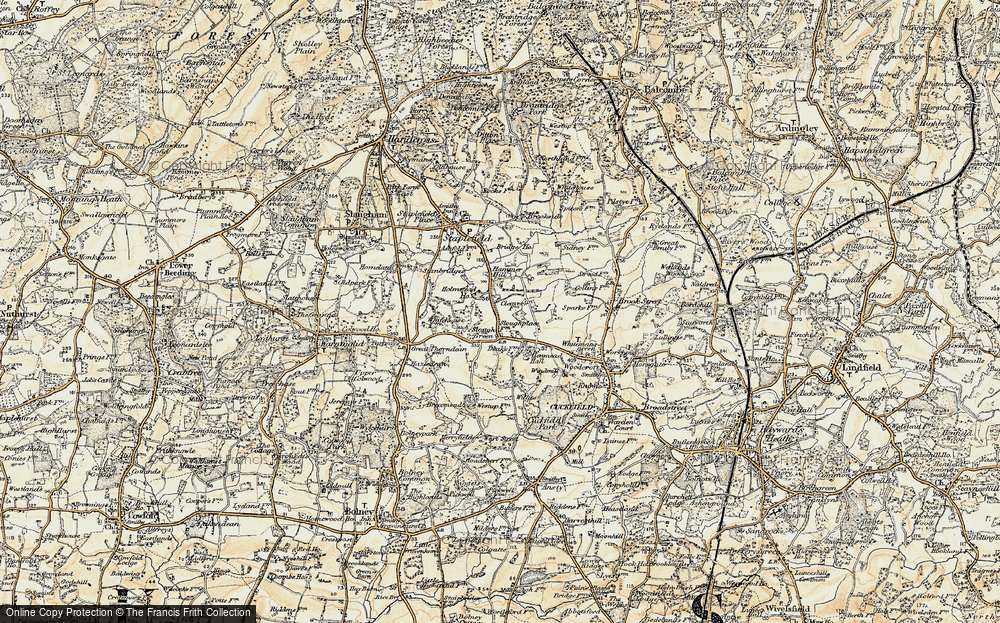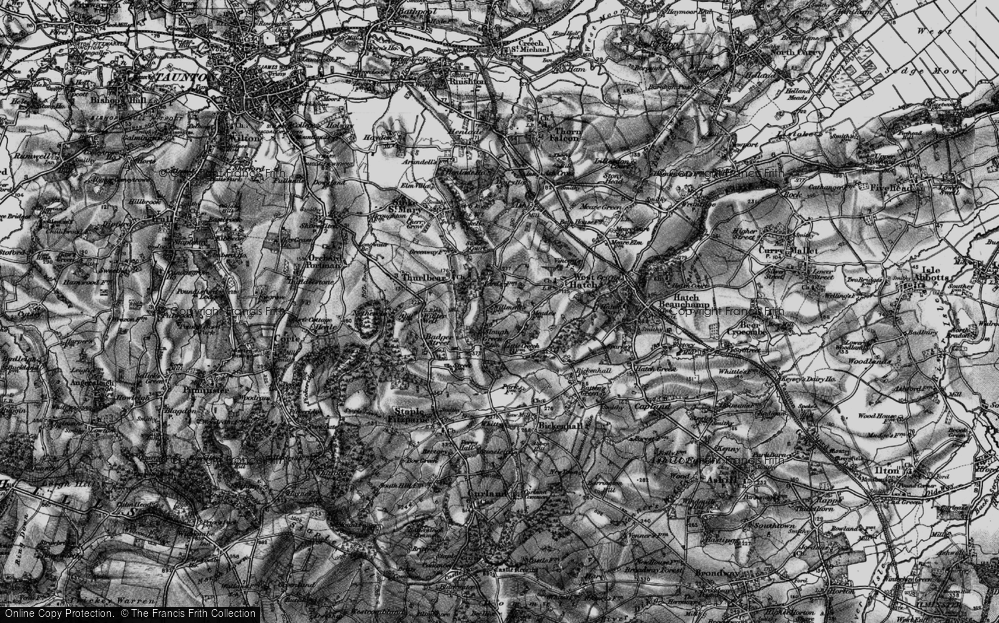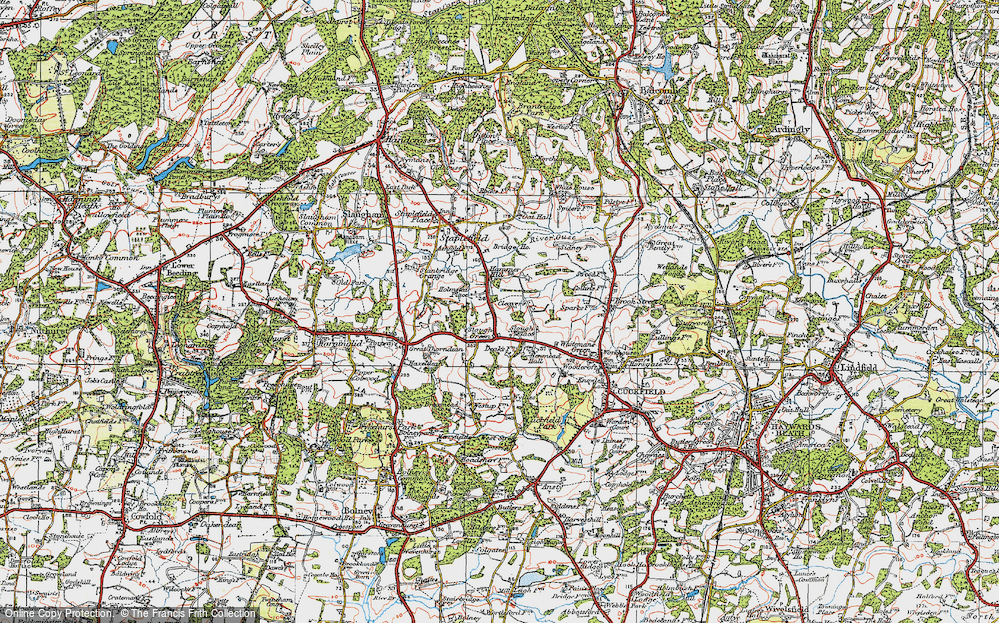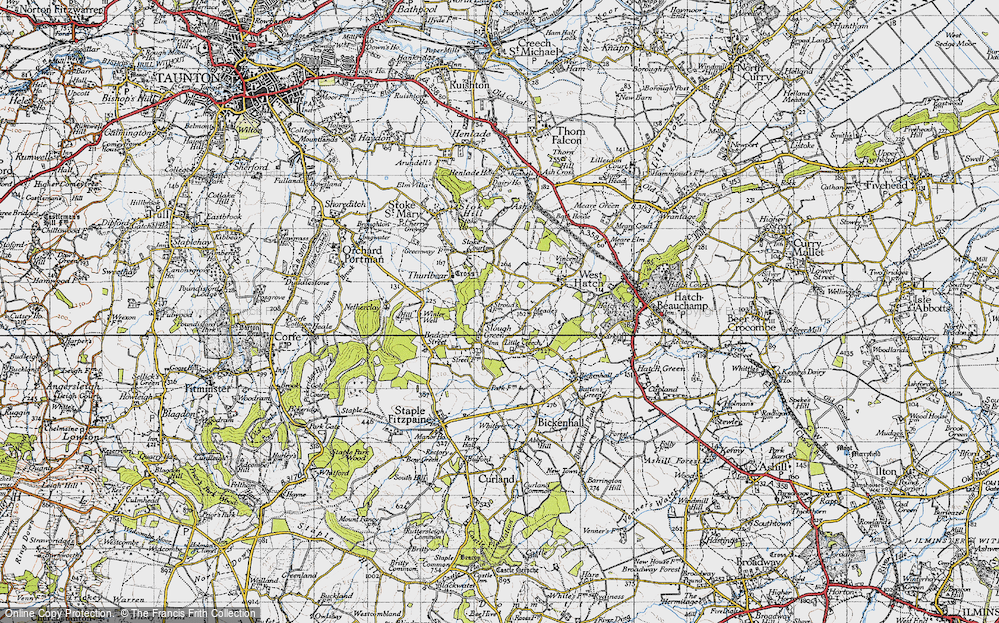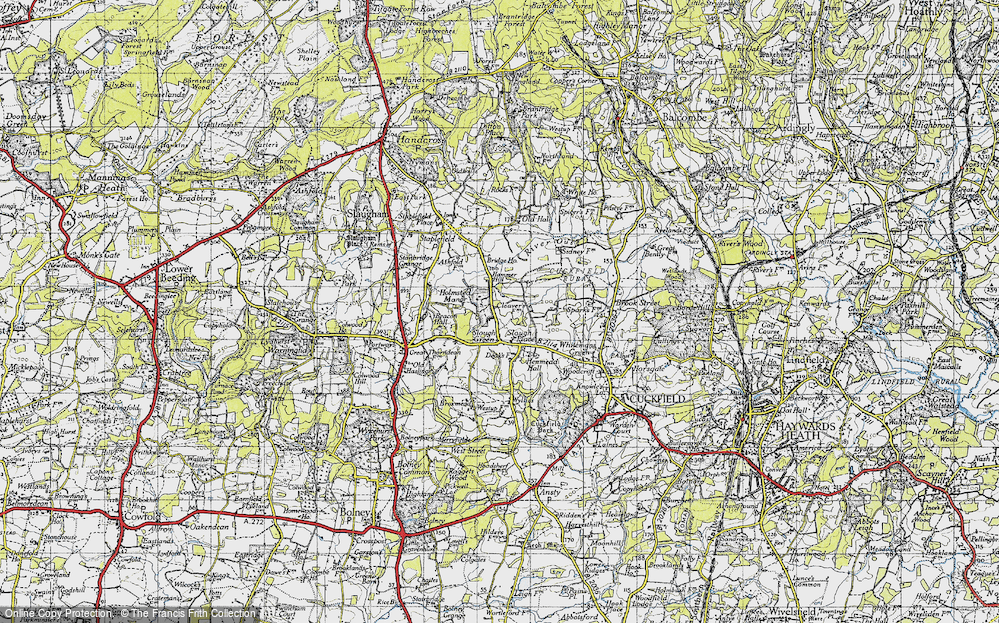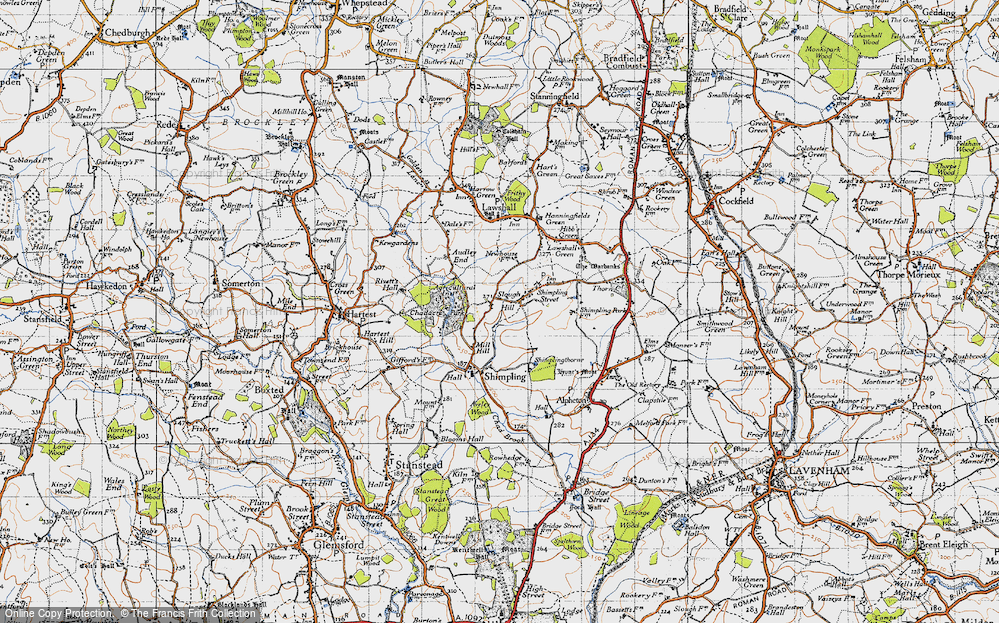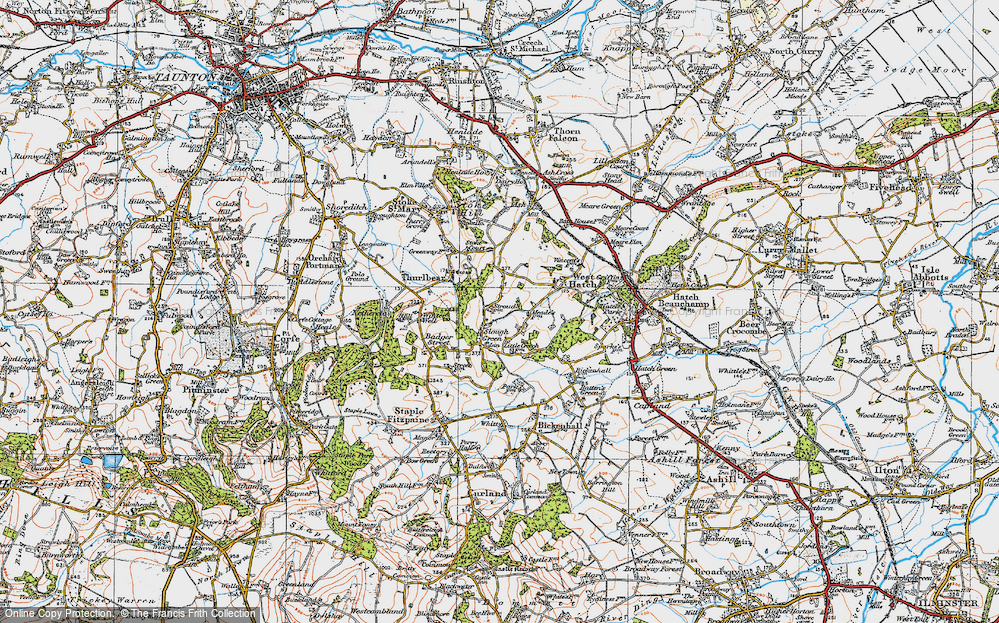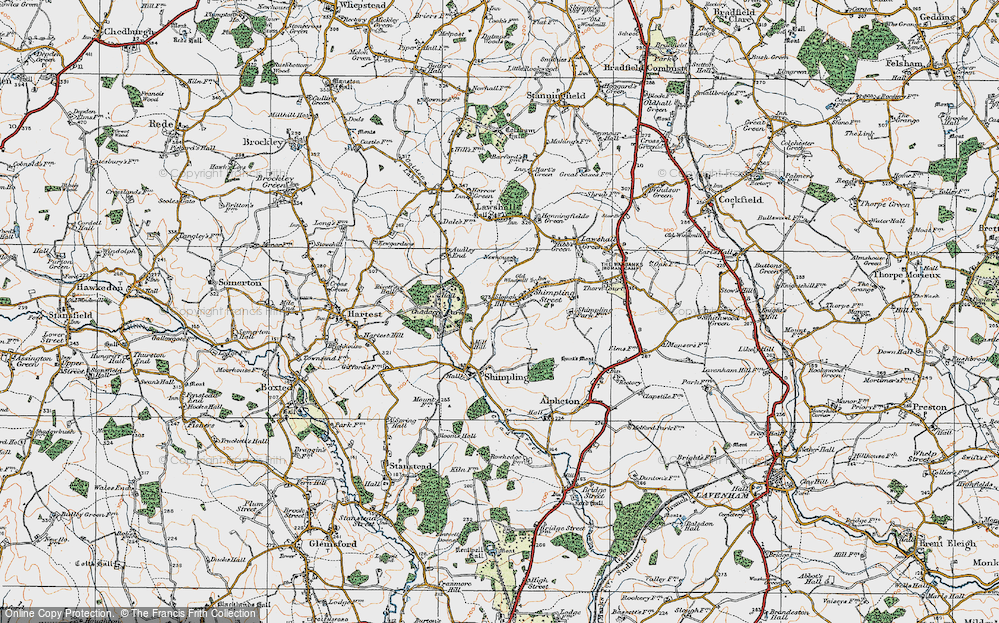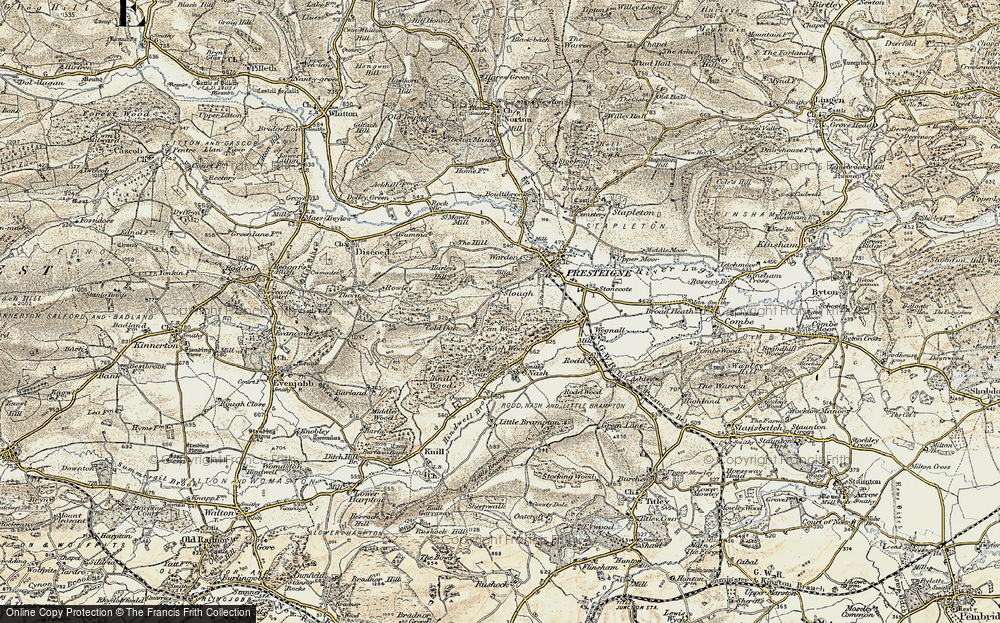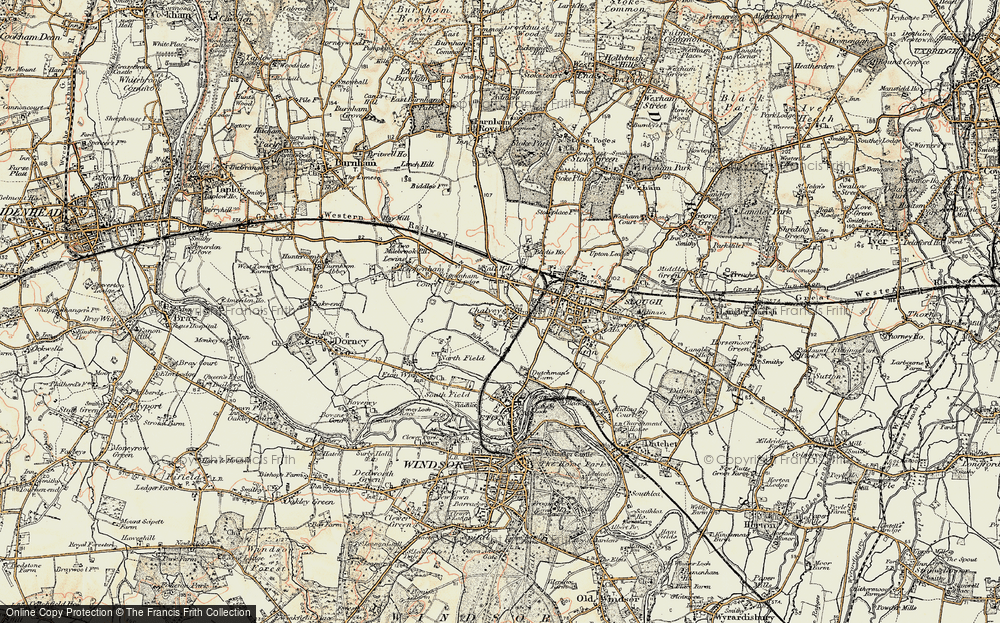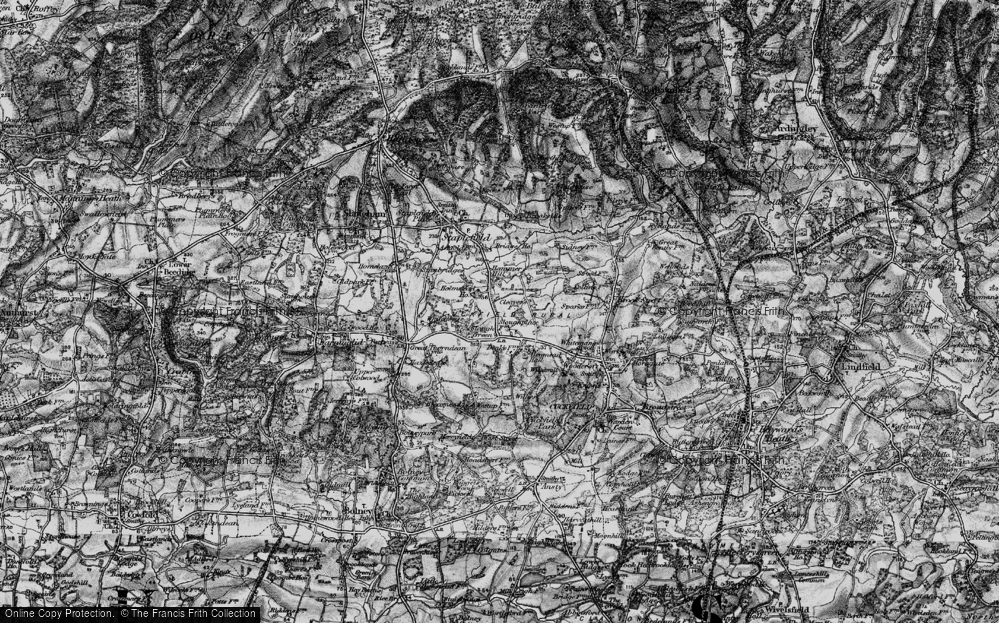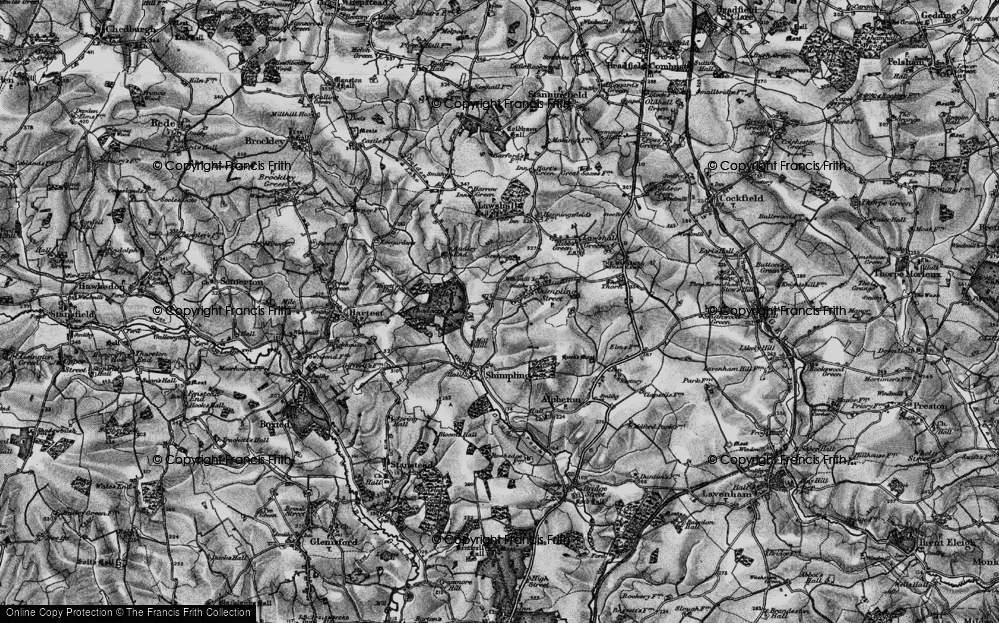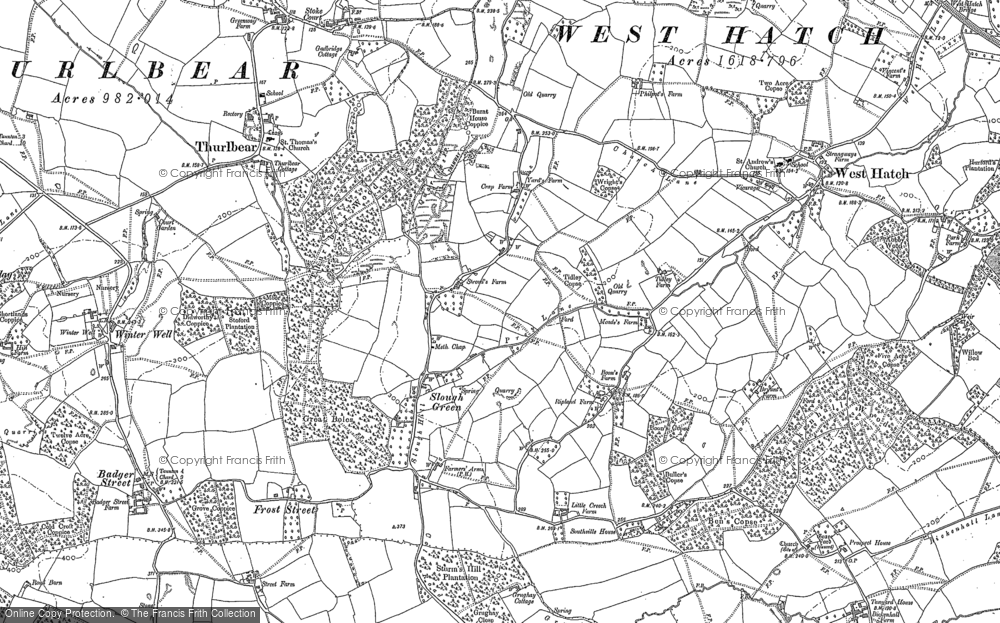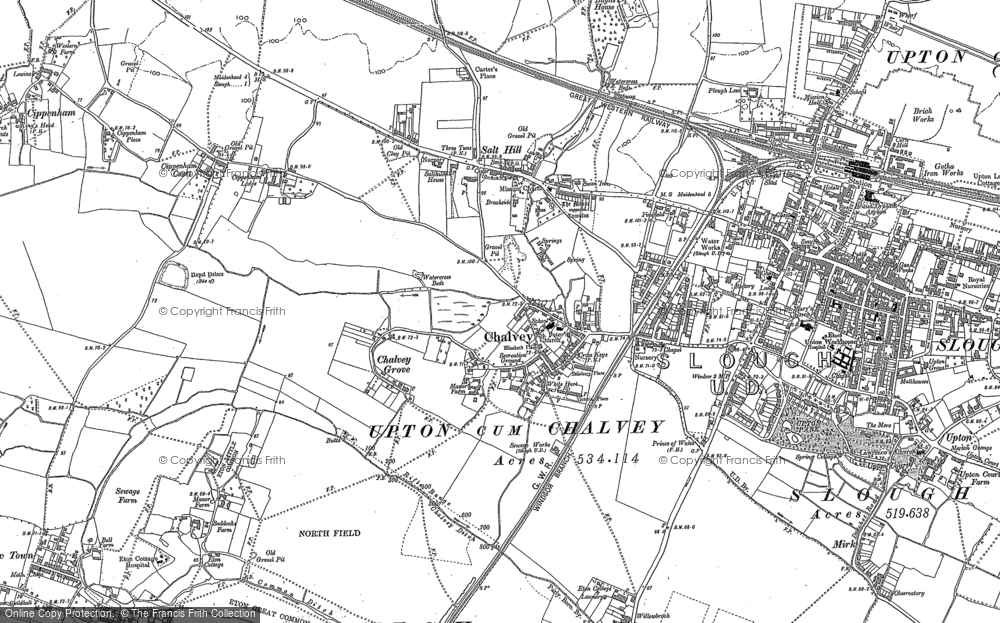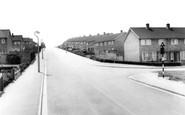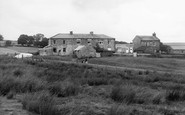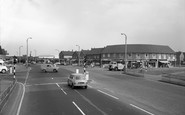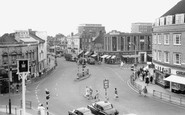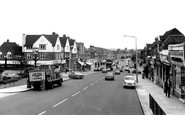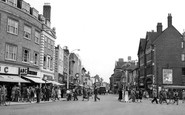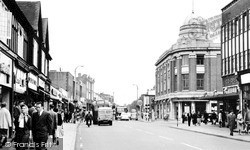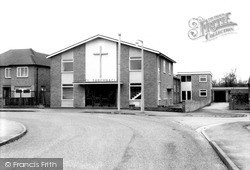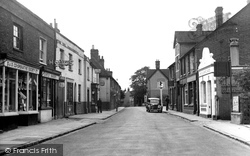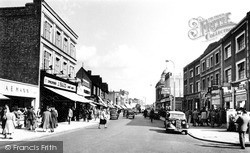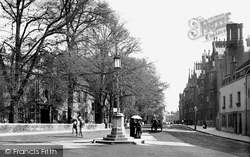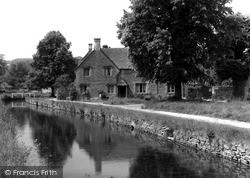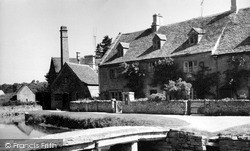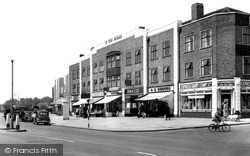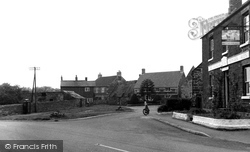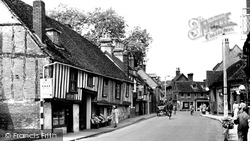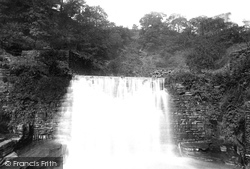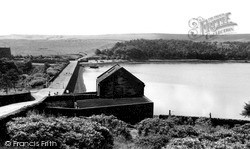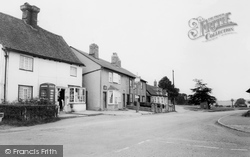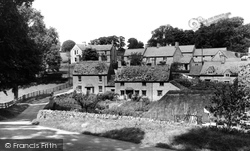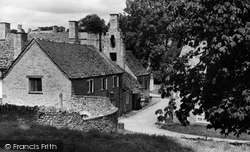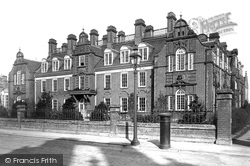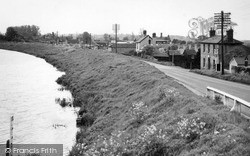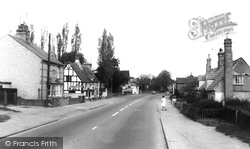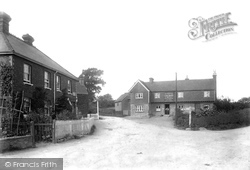Places
15 places found.
Those places high-lighted have photos. All locations may have maps, books and memories.
- Slough, Berkshire
- Slough, Powys
- Langley, Berkshire
- Cippenham, Berkshire
- Chalvey, Berkshire
- Upton Lea, Berkshire
- Manor Park, Berkshire
- Upton, Berkshire
- Lynch Hill, Berkshire
- Britwell, Berkshire
- Salt Hill, Berkshire
- Slough Green, Somerset
- Slough Hill, Suffolk
- Brands Hill, Berkshire
- Slough Green, Sussex
Photos
98 photos found. Showing results 1 to 20.
Maps
156 maps found.
Books
Sorry, no books were found that related to your search.
Memories
272 memories found. Showing results 1 to 10.
Living In Queens Avenue And Going To School
I was three when we moved to Muswell Hill in 1951. My parents had both been in the forces and it was difficult to find accommodation for a family. My grandmother knew a Mr. Wood, he was a judge. His son ...Read more
A memory of Muswell Hill in 1953 by
My Childhood In Houghton Regis.
My name is Daniel (Danny) Cronin, the youngest of 5 and the only boy of Harry 'H' and Ann Cronin. My life began on the 27th of November 1970. My first place of residence was Recreation Road where I have broken ...Read more
A memory of Houghton Regis in 1970 by
Our Home For 30+ Years
Mam and Dad, Lizzie and Edwin Ridley, moved into Slaghill (the cottage on the right of the picture) in 1948 when I was 3 years old. Dad died there in December 1978 and Mam moved up to Chapel Cottages soon afterwards. There ...Read more
A memory of Allenheads in 1948 by
Everret's Corner (2)
This is Everret's Corner approached from the West. The road is the A4 and it is a good distance North of the real Cippenham Village. The main bus-stop for buses coming from Slough was right diagonally opposite the ...Read more
A memory of Cippenham in 1965 by
Kings Builders
I started school in Smallfield in 1934. In those days there were bucket lavatories. The sewer was laid in 1938 and then most of Smallfield was able to do away with the buckets. There were 3 teachers, Miss Kempshall who came from ...Read more
A memory of Smallfield in 1945 by
Slough High Street Park Street & Chandos Road
Hi, I am researching my family tree and am trying to locate Chandos Road and Unity Cottages in Park Street. I believe that Chandos Road was knocked down when the Queensmere Centre was built. I wondered if ...Read more
A memory of Slough in 1900 by
Blue Gems Chinese Restaurant
I remember many enjoyable Friday evenings at 'The Plough' on the corner of Gooseacre Lane (usually with too much beer!) and the following visits to the 'Blue Gems' in Kenton Road for some Chinese food at pub closing time. ...Read more
A memory of Kenton in 1962 by
Before We Emigrated To Canada
This was how we remembered Slough and it hadn't changed much when we returned in 1958, other than a lot more traffic.
A memory of Slough in 1950 by
High Street As I Remember It
Looked the same when I returned in 1958 to Slough
A memory of Slough in 1955 by
Captions
77 captions found. Showing results 1 to 24.
Many of Slough's town centre buildings are relatively new, dating from the post- and pre-war periods.
Slough began to expand following Slough Estates' acquisition of 700 acres of derelict land in 1920.
Of all the churches featuring in the Berkshire list, Slough's Gospel Tabernacle is the most modern, and therefore has the most recent history.
Many of Slough's town centre buildings are relatively new, dating from the post- and pre- war periods.
Burnham desperately struggles to keep its identity separate from the sprawl of Slough, but the historic core is surrounded by suburban housing and its main street has seen injudicious change since 1955
Slough dates back to the 12th century, when it was a hamlet on the London to Bath road. The settlement later spread to the neighbouring parish of Stoke Poges.
Long before this photograph was taken, Slough was an important staging post on the Bath Road.
Slough dates back to the 12th century, when it was a hamlet on the London to Bath road. The settlement later spread to the neighbouring parish of Stoke Poges.
At the junction of Common Road and Slough Road, two College schoolboys, one carrying a cricket bat over his right shoulder, are seen walking past the 'Burning Bush'.
Some old guide books claim the name derives from the sloe (or blackthorn) tree, but it more likely comes from 'slough', meaning a muddy place.
Some old guide-books claim that the name derives from the sloe (or blackthorn) tree, but it more likely comes from 'slough', meaning a muddy place.
Hardly a stone's throw away from Kingsbury Road is Slough Lane and its environs, where Ernest G Trobridge's timber and thatch houses are grouped most picturesquely.
There are two greens in the village and this view shows The Plough Inn nearby. The Old Plough was opposite but closed in 1948, the licence being transferred to the 'new' Plough.
The Plough and Dial (left) was originally called the Plough, but around 1908 the pub was extended to take in the building next door and became the Plough and Dial. It closed for business in 1966.
A marvellously peaceful view of Lough Cloon, about eight miles north of Ballinrobe, one of the many lakes in this part of Mayo, of which the largest is Lough Mask.
The Ashworth family ran the mill in the early 1800s, along with Lower Clough Mill. They lived at Upper Clough Farm, which dates back to 1636. The family are buried at Ashworth Chapel.
The steep valleys, or cloughs, which run off the foothills of the Pennines were often utilised by Victorian water engineers for the construction of reservoirs to provide drinking water for the burgeoning
It and the Plough beyond have today changed little since this photograph was taken.
Very much an estate village, Cornwell on the north- eastern periphery of the Cotswolds underwent full-scale modernisation of its cottages in the 1930s, when its American owner commissioned Sir Clough
Its interesting chandeliers were designed by Sir Clough Williams- Ellis, who is best known for creating the famous Welsh village of Portmierion.
It originally started as just five women students assembling in a house in Cambridge to be tutored by Mrs Jemima Clough; as the establishment grew, it moved into a building in the suburb of Newnham, taking
The Plough Inn (right) would have offered a welcome stop to the bargees carrying coal to the pumping station at Stretham.
Inns and restaurants such as the Old Plough and the White Horse (left) served the travelling public on the Great North Road until a bypass was built for the A1 to the west of the village.
The public house is the Plough Inn, offering clientele Bushell, Watkins and Smith's local?Westerham ales. On the left, behind the white picket fence, is a small shop advertising Sunlight soap.
Places (15)
Photos (98)
Memories (272)
Books (0)
Maps (156)




